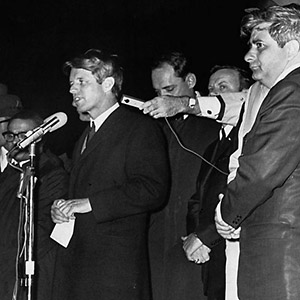
Robert D. Newman, “What Will the Humanities Look Like in a Decade?”
In this short essay from Inside Higher Ed, Robert D. Newman argues that to “manifest their relevance and preserve their viability” the humanities “...need to make alliances with and contributions to multidisciplinary initiatives focused on the numerous crises in humanity, not humanities. Resolutions to seemingly intractable problems require comprehensive approaches, including a humanities perspective.”








